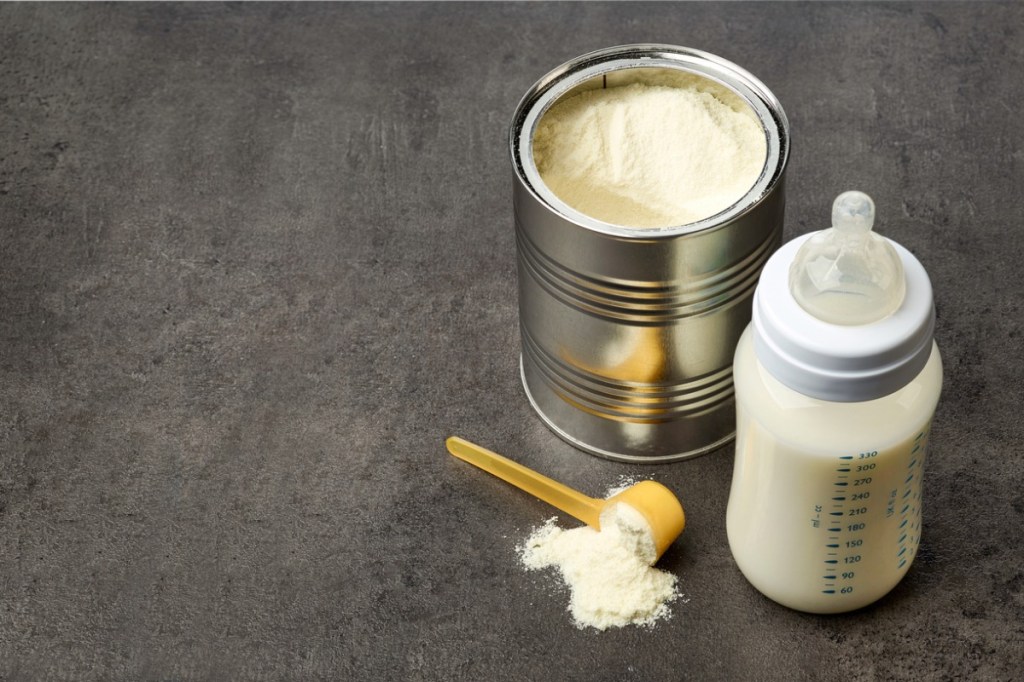The Australian Competition and Consumer Commission (ACCC) has raised concerns that the public benefits of limiting the promotion of infant formula may be being reduced by toddler milk advertising.
The ‘Marketing in Australia of Infant Formula: Manufacturers and Importers Agreement’ (MAIF Agreement) is a voluntary agreement that restricts the advertising and promotion of infant formula by manufacturers and importers directly to the public and limits their contact with health care professionals, to protect rates of breastfeeding.
But signatories to the agreement also market toddler milk in almost identical packaging and branding to infant formula, with numbered ‘stages’, as part of a consistent product line.
Because of these links, advertising for toddler milk can also promote infant formula. This has the potential to make the agreement less effective in protecting breastfeeding, and the ACCC is concerned about the extent to which this might be eroding the public benefits from the MAIF Agreement.
“Restricting advertising of infant formula in this way does restrict competition to a degree, but there’s a clear public benefit to allowing that restriction, so long as it is effective in protecting breastfeeding rates,” ACCC Chair Rod Sims said.
“However, if the industry is able to market in ways that ‘work around’ the restrictions, then the agreement will not be effective in what it’s intended to achieve.
“The ACCC is not in the business of setting health policy, but when we are asked to grant exemptions to competition law we will only do so when we are satisfied that there are public benefits, which is why we’re seeking more information on this issue.”
The ACCC is inviting submissions on its draft determination, including further information and evidence on the extent to which toddler milk marketing has the same effect as the marketing of infant formula and reducing rates of breastfeeding.

